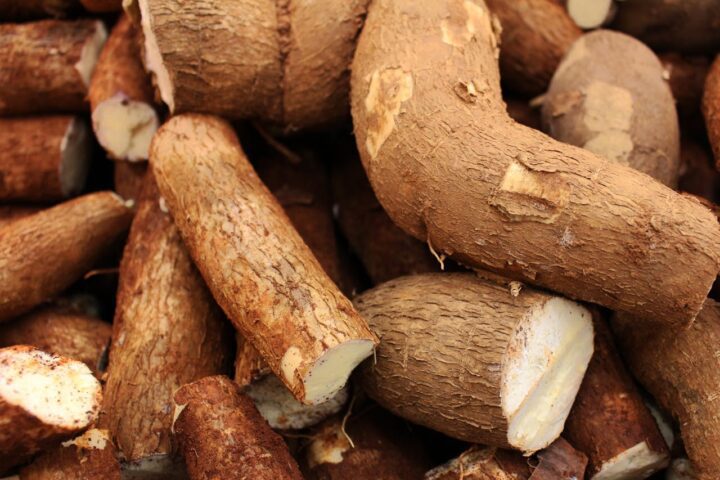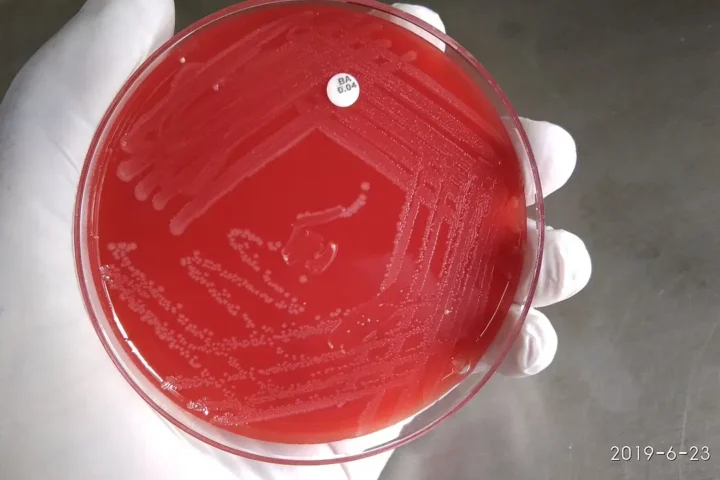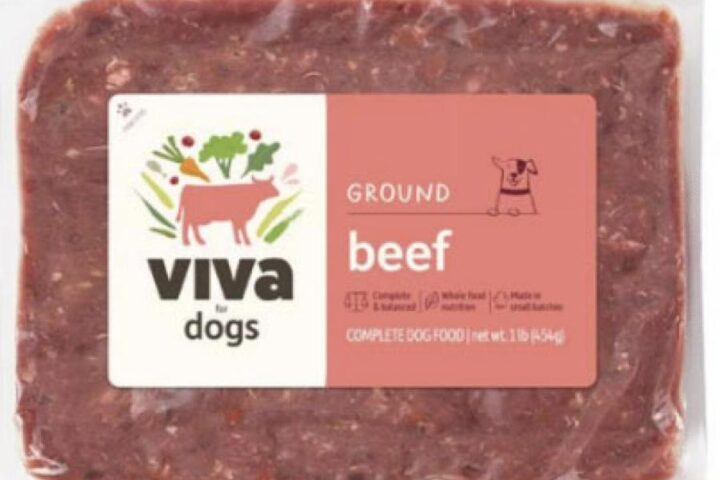Researchers from the University of York have created a practical blueprint to transform the UK’s food system. Their work identifies 27 specific actions that could make food healthier, fairer, and more sustainable across the country.
The findings appear in the Royal Society’s journal Philosophical Transactions B. This research is the result of a massive effort – a £47.5 million, five-year program funded by UK Research and Innovation (UKRI).
At the heart of this national project is FixOurFood, led by Professor Bob Doherty from York’s School for Business and Society. The paper containing all 27 recommendations was led by Professor Sarah Bridle.
“The UK food system is complex. There is no one size fits all solution but the 27 actions we’ve suggested demonstrate that practical solutions do exist,” said Professor Bridle. “From getting surplus food to families who need it most, to cutting hospital meal emissions, the TUKFS programme has demonstrated that by working directly with communities, producers and organisations on the ground, it is possible to build a greener, healthier and more equitable food system that benefits both people and the planet.”
Some changes could happen quickly. In schools, the team suggests national auto-enrollment for free meals. They also recommend simple swaps like higher-fiber bread. Hospital menus could see smart dish swaps that might cut food-related emissions by nearly 20%.
For food waste, the researchers propose stronger action. They want to move from voluntary guidance to actual laws. This would ensure surplus food goes to people who need it most. They also suggest expanding food voucher programs for low-income households.
Similar Posts
The research explores new farming approaches too. Dr. Alana Kluczkovski studied vertical farming in urban areas. These indoor farms can create green jobs and bring fresh food to “food deserts” – neighborhoods with few healthy food options.
A separate paper looks at regenerative farming methods. This work by Professor Pippa Chapman, Ruth Wade, and Professor Doherty shows the importance of designing farm trials with the farmers themselves. This approach helps spread sustainable practices more effectively.
The final focus is on social innovation. The researchers found promising examples like community cafes and supply chains built around social justice. They also highlight alternative business models for social enterprises.
“Our research aims to find practical, real-world solutions to complex problems,” said Professor Doherty. “This collection of papers shows what is possible.”
This work wraps up the UKRI “Transforming the UK Food System” program. The program was created to tackle big challenges – from diet-related disease to the cost-of-living crisis, climate change, and biodiversity loss.
By implementing these 27 recommendations, researchers believe the UK could take significant steps toward a food system that works better for people and the planet.



















